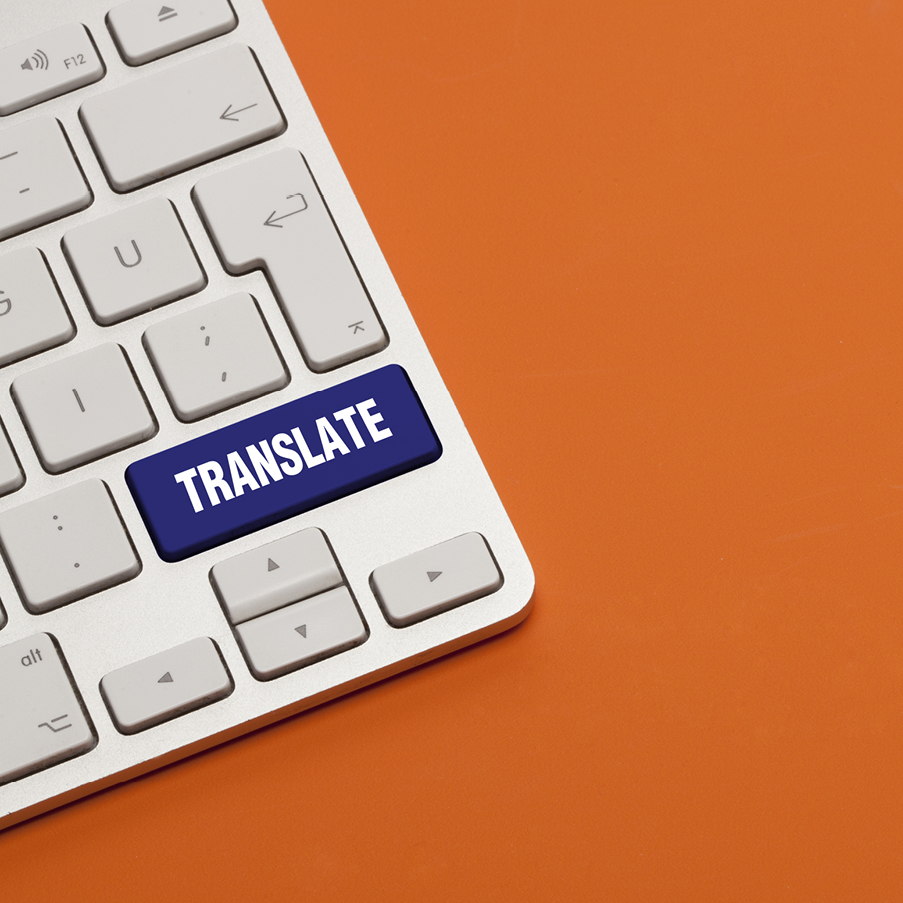New CASL Technology Makes Human Translators More Efficient
August 26, 2014
Maryland Language Science Center

Projected to grow to nearly $39 billion by 2018 , the language translation service industry is one to watch. Population growth, social media, and a global marketplace means that everything is being translated – not just your usual suspects like court records or instruction manuals. Researchers Michael Bloodgood and Benjamin Strauss at the University of Maryland’s Center for Advanced Study of Language (CASL) knew that the applications for precise and fast language translation were endless. But how to improve accuracy and speed? With science, of course! A “translation memory system” stores and remembers words, pulling from a bank that grows with each translated item. An average translator can’t know every single word presented to them, particularly in cases where scientific or highly technical terms are being used, so they rely on these systems for help. To read the full article, click here



